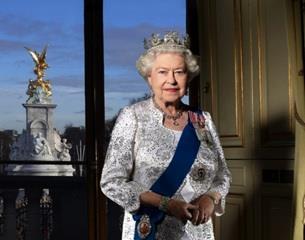
The Queen confirmed that the Pensions Tax Bill will offer greater flexibility to defined contribution (DC) pension schemes.
From April 2015, the legislation will remove previous restrictions on the way employees can access their DC pension savings, allowing them to access savings as a lump sum, through drawdown or by converting them into an annuity.
The bill will also introduce anti-avoidance provisions to prevent individuals from taking advantage of the new flexible arrangements for tax avoidance purposes.
Collective defined contribution (CDC) pension schemes will also be included in primary legislation in next year’s Private Pensions Bill. [The government set out legislation in June.]
The Queen confirmed that the bill would introduce new definitions into the current legislative framework, provide wider choice, encourage greater risk-sharing between parties, and allow savers to have potentially greater certainty about their retirement savings.
The increase in the personal tax allowance has also been confirmed. It will rise from £10,000 to £10,500 from April 2015, which means the first £10,500 of an employee’s salary will be exempt from income tax. The average basic-rate taxpayer will pay £805 less income tax a year in cash terms, and about 288,000 workers will no longer pay any income tax.
The Queen confirmed that, as of 1 July 2014, the annual individual savings account (Isa) allowance was raised to £15,000. The two existing types of Isa will be merged in to a single new Isa taking both cash and shares.
The government’s new tax-free childcare scheme, first announced in the 2013 Budget, was confirmed to take effect from autumn 2015.
The Childcare Payments Bill will introduce a tax-free childcare scheme to support working parents by allowing the equivalent to basic-rate tax relief on money spent on childcare, up to a maximum of £2,000 a year for each child. It will also extend existing government support for childcare costs to self-employed parents and to parents working for the 95% of organisations that do not currently offer employer-supported childcare.
The Queen’s Speech confirmed that higher penalties will be imposed on employers that fail to pay their staff the national minimum wage, a measure first announced in January 2014.
The Small Business, Enterprise and Employment Bill will introduce an increased penalty of up to £20,000 for employers that do not pay staff the minimum wage. The government will also double the financial penalty percentage from 50% to 100% of the unpaid wages owed to workers found to be underpaid, in addition to the fine.











